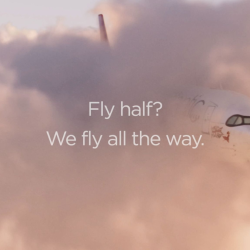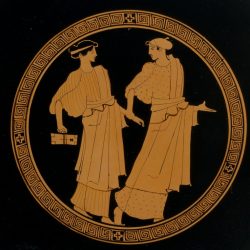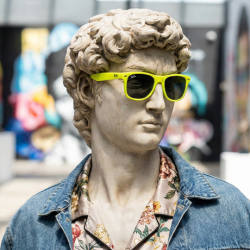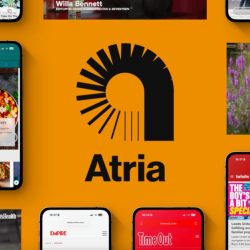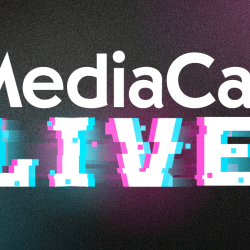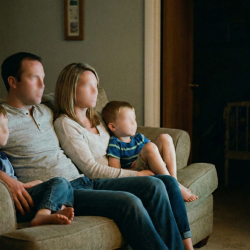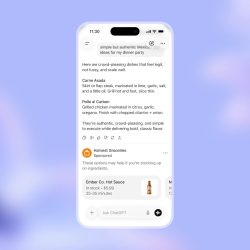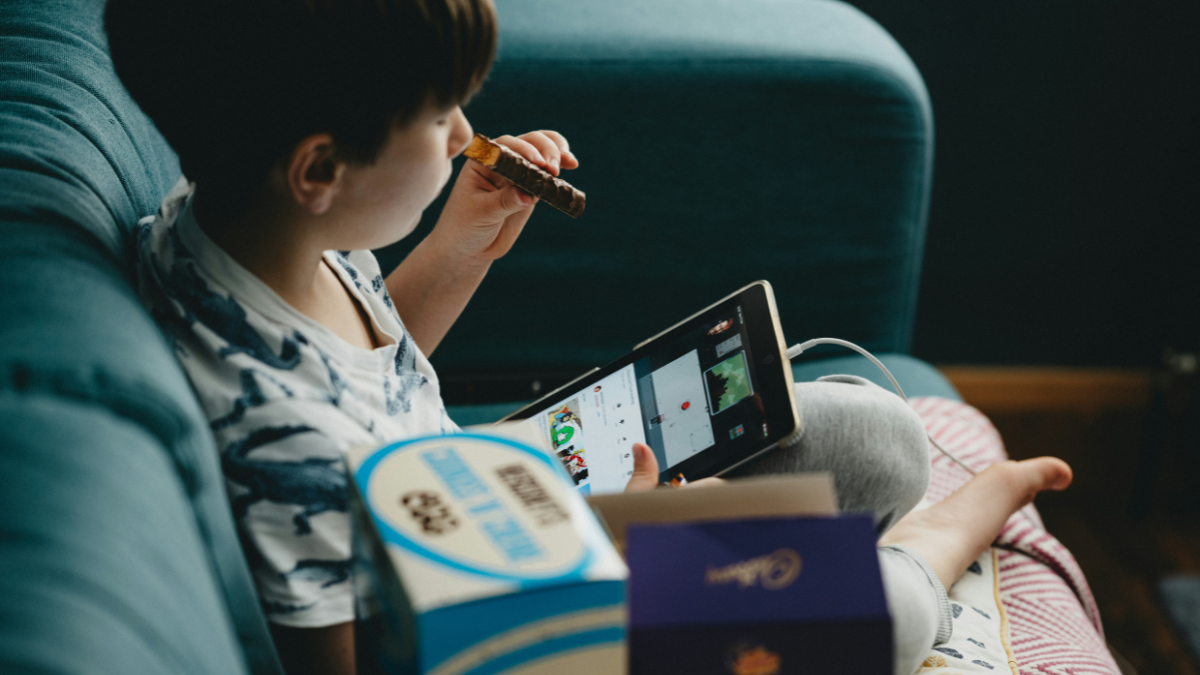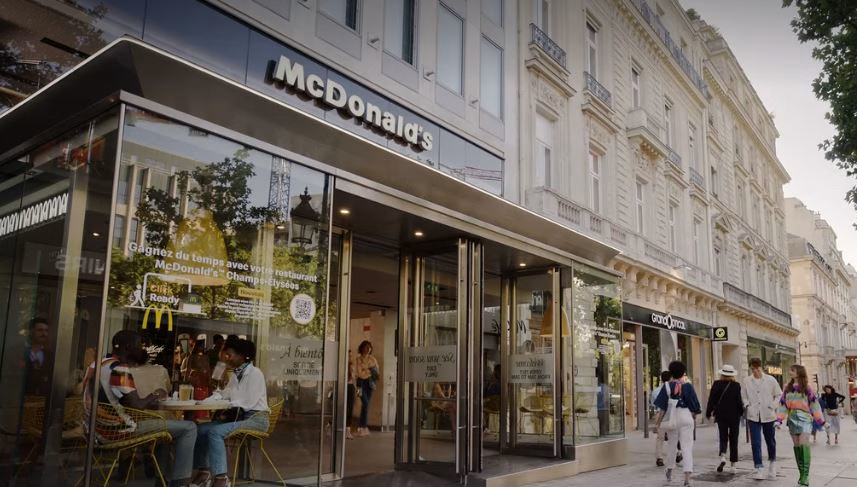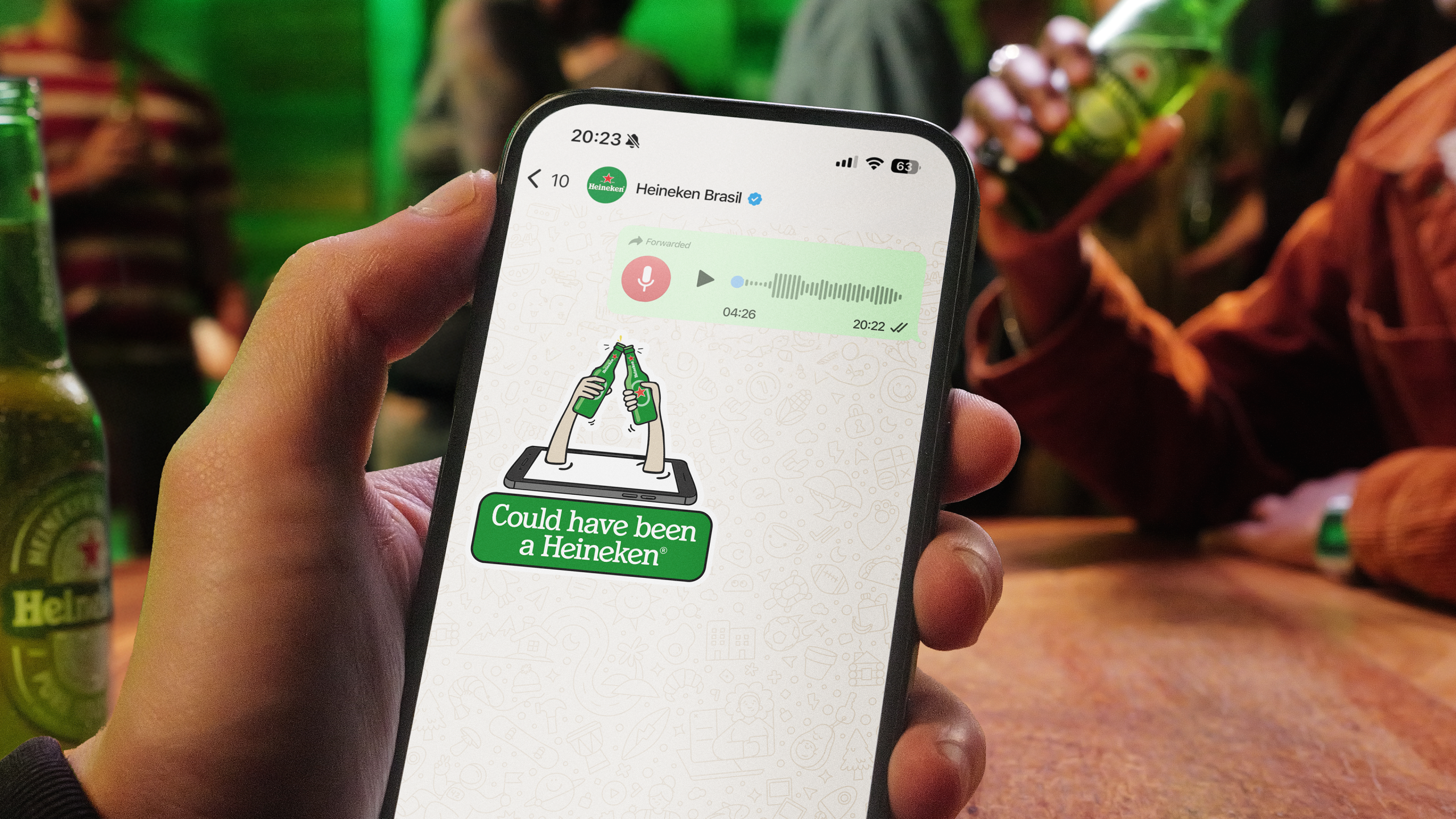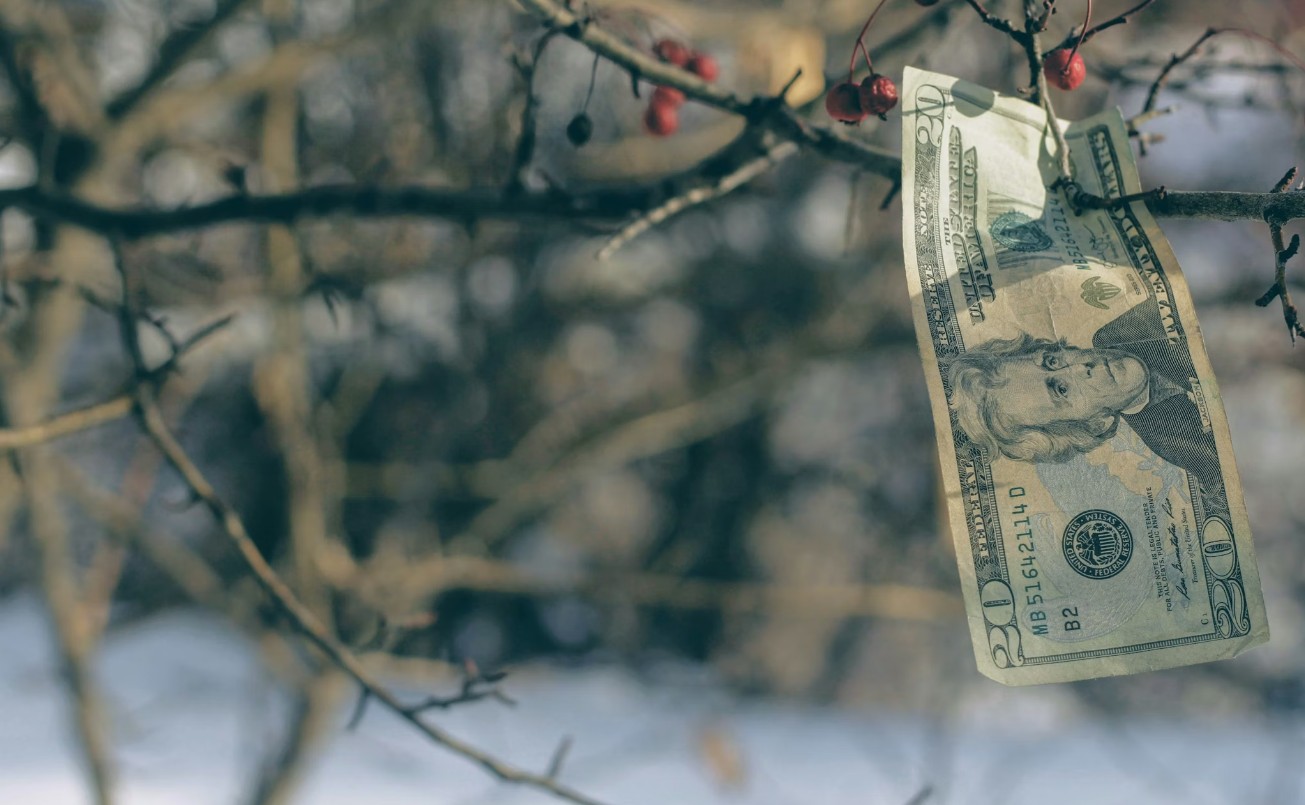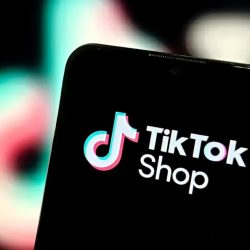ITV’s new Creative Boost study claims to finally show how branded entertainment drives measurable results for brands.
Launched to mark the first anniversary of ITV’s branded content division, BE Studio, the study analysed 45 campaigns in partnership with Lumen, Savanta, ViewersLogic, and Sequence. It focused on core metrics like attention, trust, and consideration — and the numbers, unsurprisingly, tell a positive story. A 10-second BE Studio spot delivered 12% more attention than a standard TV ad. For 30-second ads, that rose to 23%. The study also reported a 14-point lift in trust, 11-point increase in likeability, and a nine-point bump in consideration, plus a boost in web traffic ranging from eight to 38 points depending on the campaign.
ITV defines creative boost as the ‘uplift brands see at every stage of the funnel when brands step into the world of much-loved programming, activating fandom on their behalf’. The strength of branded entertainment lies in its ability to place brands inside stories people care about. Ideally, viewers don’t feel like they’re being advertised to because the brand feels native to the content.
That was the strategy behind ITV’s campaign with Giffgaff and Big Brother, which included 18 hyper-contextual ads immediately after key moments in the show. ITV claims viewers treated Giffgaff as part of the programme, even messaging the brand’s social accounts for gossip. The campaign delivered a 26% uplift in standout versus the Lumen/TVision norm for 20-second airtime spots.
Cooking with the Stars is another case in point. Co-created by M&S and ITV, the show featured celebrities cooking with professional chefs using M&S ingredients, aiming to reposition the brand from a treat-led perception to a credible choice for fresh food. The campaign spanned in-show placement, in-store activations, and dedicated ready meals, with M&S reporting mango sales surged by 309%, quail eggs by 126% and racks of lamb by 60% after featuring in the show.
‘For every pound we spend on Cooking with the Stars, £5 is back into the business,’ says Sharry Cromond, food marketing director of M&S. ‘Advertiser funded programming is not really something that’s utilised a lot, but it’s a really important element of our marketing mix, and it’s here to stay.’
eBay’s long-running partnership with Love Island took a similar approach. Since 2022, contestants have worn second-hand outfits sourced from the platform, linking eBay to sustainability and Gen Z style culture. The collaboration delivered a 35% increase in attention and, according to brand director Alex Allcot, drove increases in awareness, trust, and purchase intent.
Still, branded entertainment is a high-wire act. When done well, it creates emotional affinity. When it misses, it jars. Johnnie Walker’s segment during the 2024 Emmys — where actors ordered whisky on stage — is one example of how such stunts can backfire. It was widely criticised as clunky and inauthentic, sparking social media backlash and media scorn.
Unlike traditional spots, branded content demands more time, more budget and closer creative collaboration. And while the outcomes can be impressive, they’re often harder to isolate. Creative Boost is ITV’s attempt to tackle that challenge, showing behaviour change — not just sentiment — even for smaller brands.
Take Ramona, a hummus brand sponsoring James Martin’s Saturday Mornings. The campaign reportedly lifted brand awareness by 11 points and consideration by 26. Founder Ramona Hazan praised the impact, encouraging other SMEs to align with content that matches their tone and audience.
Bhavit Chandrani, director of BE Studio, believes branded content can be scalable when the right format is found. He points to a ‘media multiplier effect’, where campaigns across multiple touchpoints — such as in-show integration and paid social — deliver stronger performance on key brand metrics.
ITV isn’t alone in betting on the format. Channel 4 has run projects with Domino’s, Google Pixel and the Department for Education, while The BBC has adopted a more cautious approach with its international studio, BBC StoryWorks. Branded entertainment is no longer niche — it’s becoming a mainstream response to the commercial pressures reshaping media.
